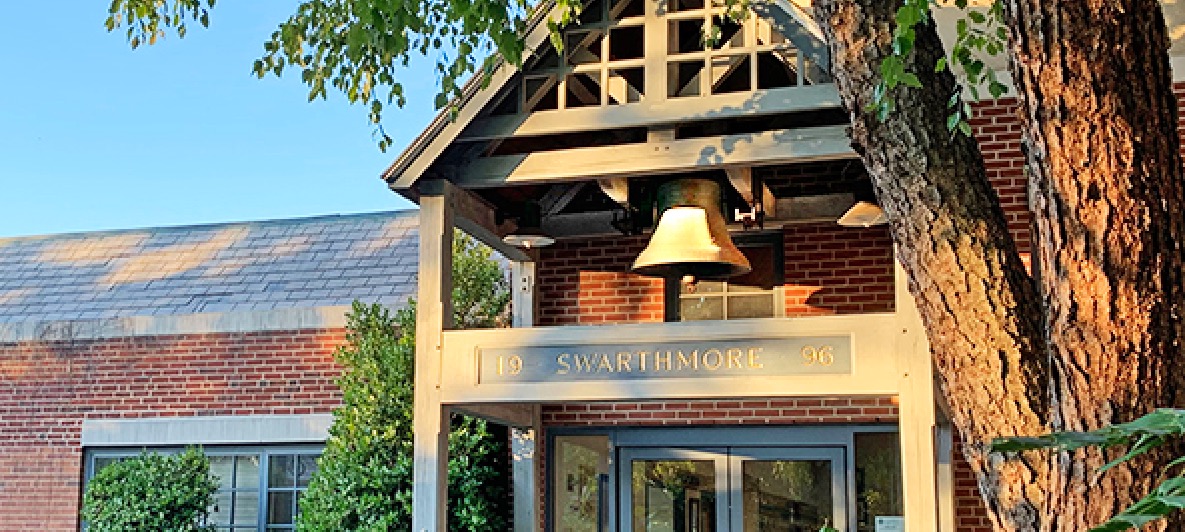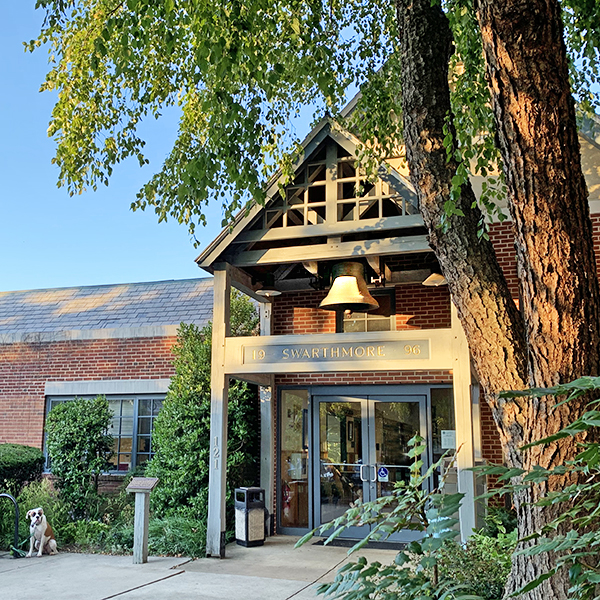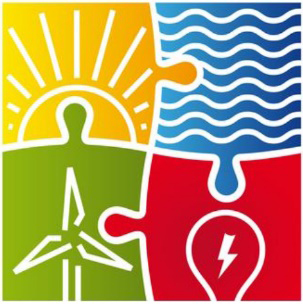
By Noah Swistak – 2/25/2021
Last year, we shared A Beginner’s Guide to Environmental Advisory Councils (EACs), orienting our members with the work of this network, managed by WeConservePA. Comprised of local volunteers, EACs assist local officials in making policy decisions that relate to natural resource conservation, educate the public on natural resource protection and other environmental issues, and coordinate activities to physically improve the municipality’s environment. Over the past year, EACs throughout southeastern Pennsylvania have realized some remarkable accomplishments, with Energy Co-op members leading the way.
Supporters of sustainable energy throughout the Delaware Valley were abuzz after this week’s announcement that Swarthmore Borough has become the first municipality in Pennsylvania to make the switch from conventional natural gas and supply their municipal buildings with renewable natural gas (RNG) from The Energy Co-op.
With the recommendation of the Swarthmore EAC, which includes several Energy Co-op members, the Swarthmore Borough Council in September 2019 passed a “Ready for 100” resolution, modeled from the Sierra Club’s program to “encourage Pennsylvania’s cities and towns to make a pledge to complete the transition to 100% renewable energy.” By adopting the resolution, the Borough Council committed to facilitating the government, residents, and businesses to use all renewable sources for electricity by 2030 and for heat and transportation by 2050, and helped pave the way for this unique partnership with The Energy Co-op.

“Switching to RNG is a natural interim step,” said Swarthmore EAC Chair Annie Fox in a recent press release on the switch to RNG. She went on to add, “Swarthmore hopes to lead the way for other local communities seeking to play their part in a vital global energy transformation.” Ronald Fisher, Executive Director of The Energy Co-op, applauded the Borough and its EAC, “for undertaking this initiative that not only reduces the Borough’s carbon footprint but highlights for our broader community the importance of recovering and using RNG.”
The East Goshen Sustainability Advisory Committee, on which Energy Co-op member and staff accountant Bryan Hutchinson serves as a member, hosted a series of seven seminars in 2020, covering topics including renewable energy systems, reducing plastic consumption, and home composting. The Energy Benchmarking Worksheet hosted on their website displays to residents the energy usage and costs incurred by public facilities, illustrating the benefits of energy conservation. East Goshen’s SAC has also played a vital role in the development of West Chester Area Clean Energy Future, the community engagement arm of the West Chester Area Council of Governments’ campaign to move to 100% renewable electricity by 2035 and 100% renewable energy for heat and transportation by 2050, similar to the targets set by Swarthmore.

Another Energy Co-op member, David Director, serves on the Delaware County Sustainability Commission, which was founded in February 2020 and held its first meeting last fall. In a spirit similar to that of local EACs, the Commission advises County government on a wide range of issues, including energy policy and climate change. With the help of the Commission and a state grant, the County is buying 15 Chevy Bolt electric vehicles, or EVs, for pool use and installing charging infrastructure at three locations, as a first step in electrifying the fleet. The Commission’s priorities for the year ahead include creating a County-wide renewable energy strategy and developing a green purchasing program.
The Energy Co-op is a true community of members, many of whom are engaged at the local and county government level to advance the cause of sustainable, renewable energy in our region. It’s inspiring to see our members making such a positive impact through EACs and other organizations focused on sustainability, conservation, and environmental education. Fostering this type of engagement is central to The Energy Co-op’s work, and something we plan to continue throughout 2021 and beyond.
Want to learn more about switching your home, business, or municipality to sustainable RNG, which is recovered without drilling or fracking? Sign up for The Energy Co-op’s upcoming webinar where we’ll explore in detail the benefits of RNG and how to get involved. Already an Energy Co-op member and inspired by the work of the EACs featured in this article? WeConservePA maintains a list of active EACs on its website with contact information for each group for those interested in doing even more for their communities.